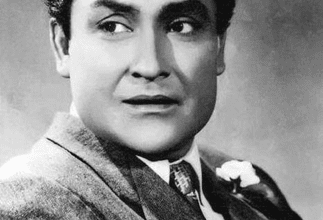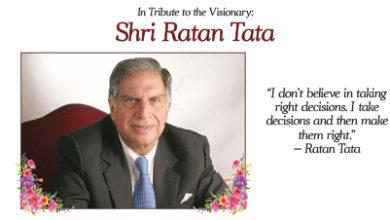The Russia-Ukraine War And India
War only spreads the identity of any nation, society, culture. War is the greatest curse against humanity. It is also the greatest weapon of ego, power and dictatorship. India has been the biggest victim of the ‘war’, the biggest villain for humanity. Sometimes direct, sometimes indirect. Today, even though all the lessons are being given to the Indian government in the Russo-Ukraine war, the truth is that this war is the result of Russia and Ukrainian ambitions. A little more or less.
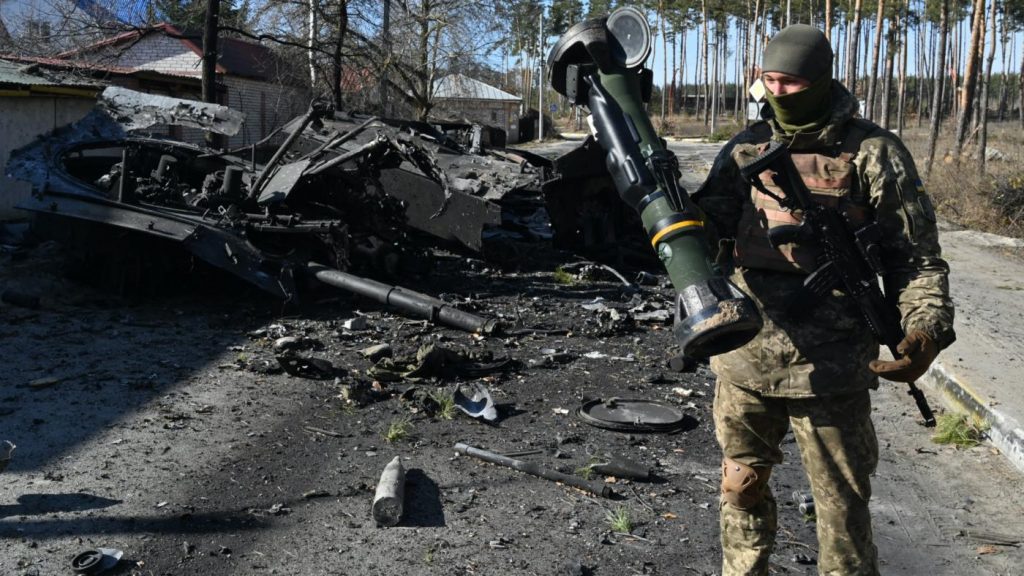
Not all countries are India, which is facing a snake-like Pakistan nurtured by the US, China and England with all its courage and honesty. It is good for the four wars and the ‘surgical strikes’ that have shown Pakistan its value. But Russia is not India, it has given an important lesson to Ukraine and the whole world that never trust anyone. Yes, it is a different matter that the naïve and innocent people of Ukraine are falling prey to this war. Like the innocent people of Baluchistan, chinese repression.
Those who are teaching the Government on the issue of Ukraine should remember that after getting independence from England, India has got only two tested friendly countries. The Soviet Union or the present-day Russia and Israel. Who can forget russia’s cooperation in 1971? Remember the phenomenon of this one war. At a time when Pakistan’s defeat in the 1971 war seemed certain, pakistan’s ‘arms friend’ then US Secretary of State Henry Kissinger requested President Richard Nixon to send the aircraft carrier nuclear vessel, the US 7th Fleet Task Force, to the Bay of Bengal.
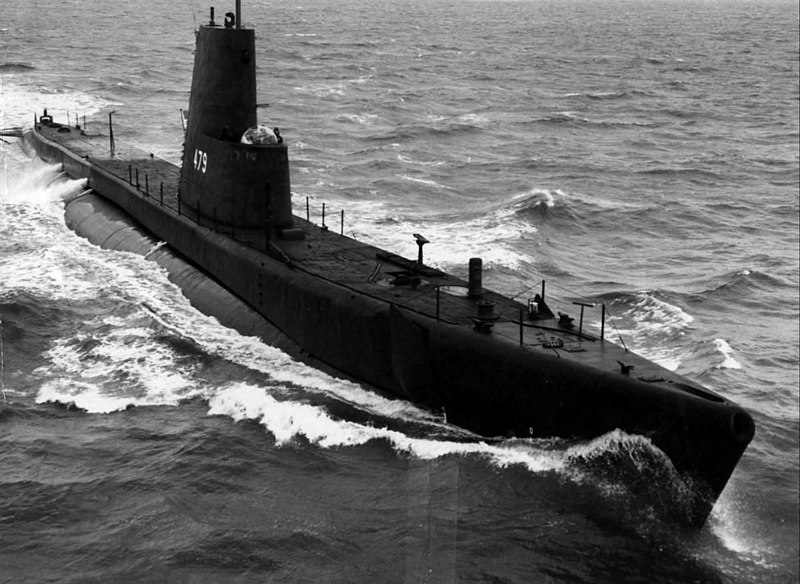
In the 1970s, the USS Enterprise was the world’s largest aircraft carrier nuclear vessel, with more than 70 combat aircraft capable of being powered. Like a giant monster! At that time, the Indian Navy fleet was led by the 20,000-tonne aircraft carrier, Vikrant, which had only 20 light combat aircraft. According to the official US statement, the USS Enterprise was sent to the then East Pakistan for the purpose of protecting American citizens. But the truth was that it was a vicious cycle brought in with the aim of threatening the Indian Army and stopping the Bangladesh Liberation War. Powerful British naval groups also came in with the aim of encircling the Indian Navy together in the Bay of Bengal and the Arabian Sea.
At that time, a coordinated attack was planned by the British and American armies with the intention of threatening India. The British ship and the American ship in the Arabian Sea were stuck in the Bay of Bengal with confidence between the powerful British and US Navy. After independence, India was fighting the fourth war, falling prey to the vicious cycle of these foreign powers. The two major democracies of the economically prosperous modern world stood before the world’s oldest and largest democracy as supporters of untruth and cruelty. To deal with this dangerous situation, India immediately sent a message of help to its most trusted ally, the Soviet Union. Immediately the Soviet Union dispatched 16 Soviet naval units and six nuclear submarines from Vladivostok. Admiral N Krishnan, the chief of the Indian Navy’s Eastern Command, writes in his book ‘No Way But Surrender’ that he feared that the US navy would reach Chittagong somewhere.
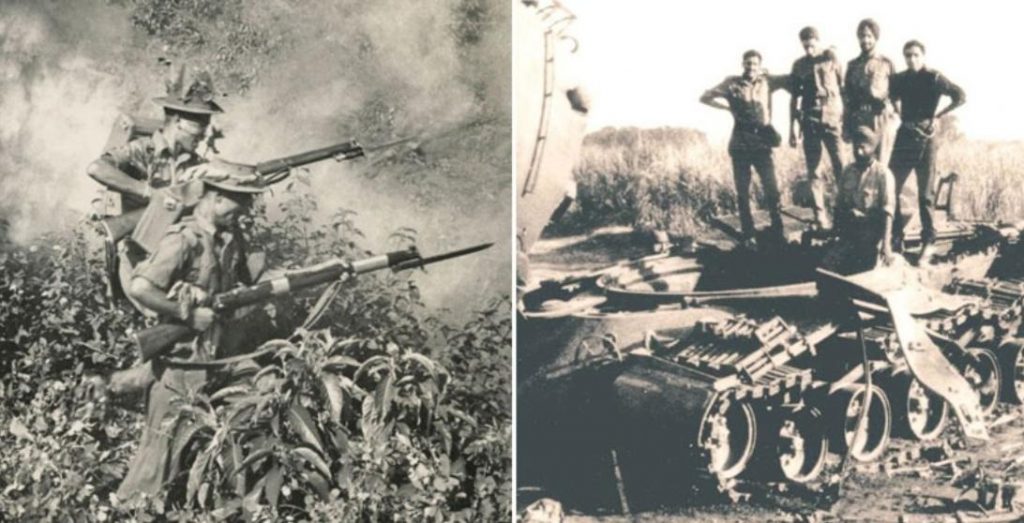
He also writes about how he planned the invasion under a ‘do-or-die’ strategy to contain the American-British vicious cycle and, in the second week of December, 71, when the task force of the US 7th Fleet, led by monster USS Enterprise, led by the USSS Enterprise, the Task Force of the Bay of Bengal and the British Fleet. When they reached the Arabian Sea, the whole world held its breath. Then India’s most trusted ally stood as a wall. Both the American and British fleets did not stand before the Soviet Wall. They retreated without a fight. 52 years ago, in the 1971 war, Russia stood as a shield to the American threat. Today, those who are misrepresenting India’s strategy in the Russ-Ukraine war must remember this. It is true that the biggest policy for a nation in today’s policy is ‘protection of its own interests’. Such people must learn from this incident.
Dr Saket Sahay
Author & Educationist




